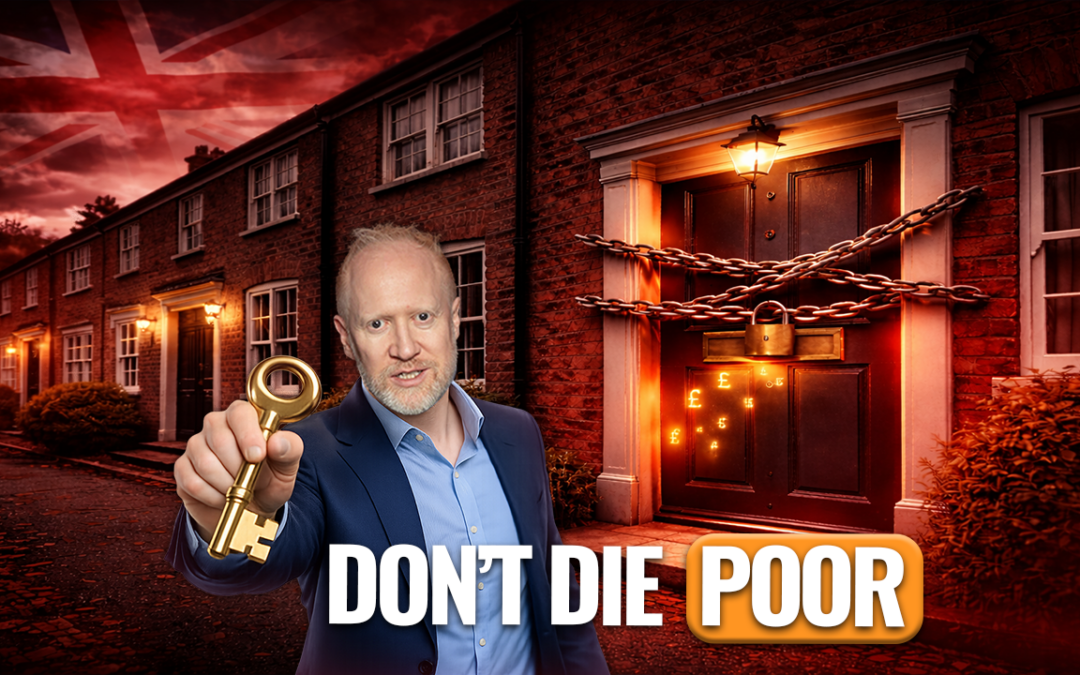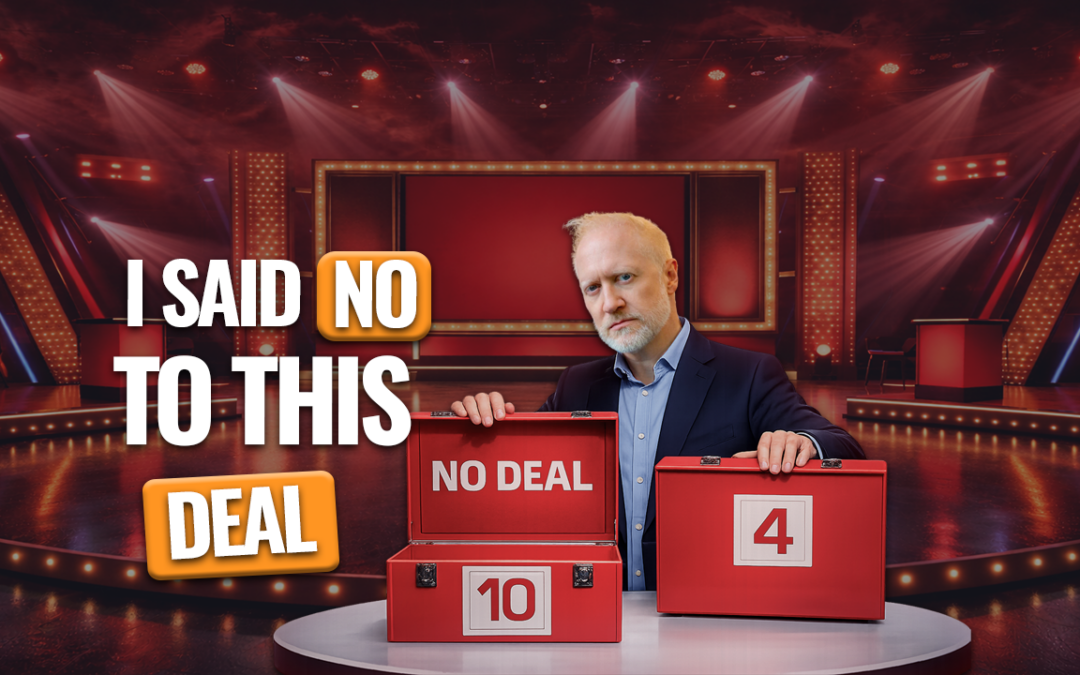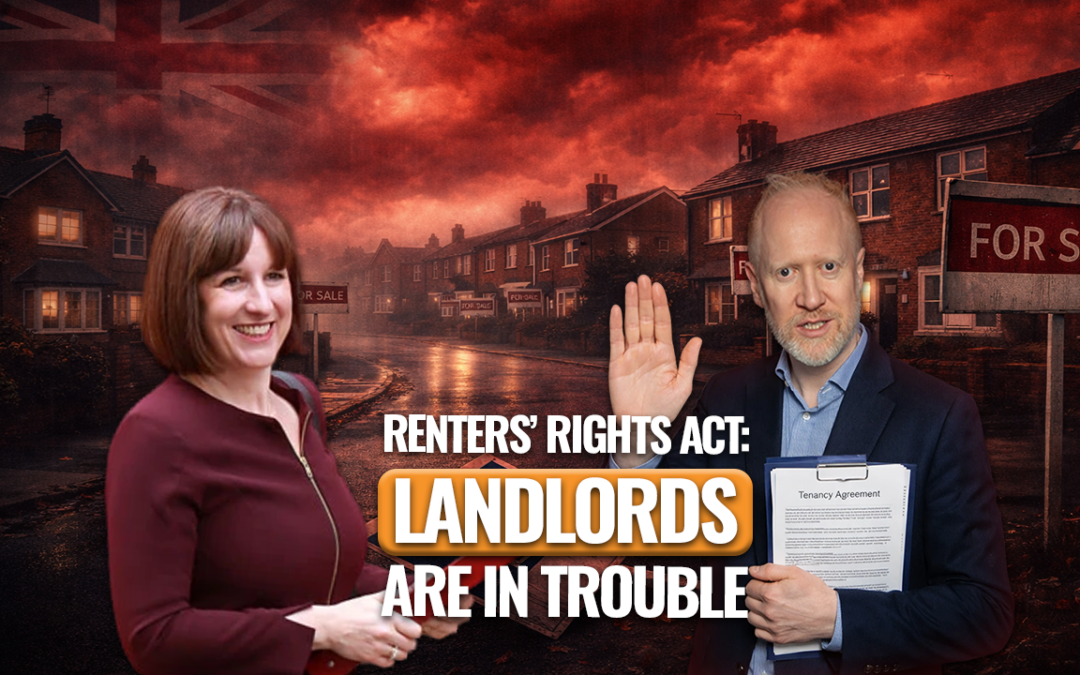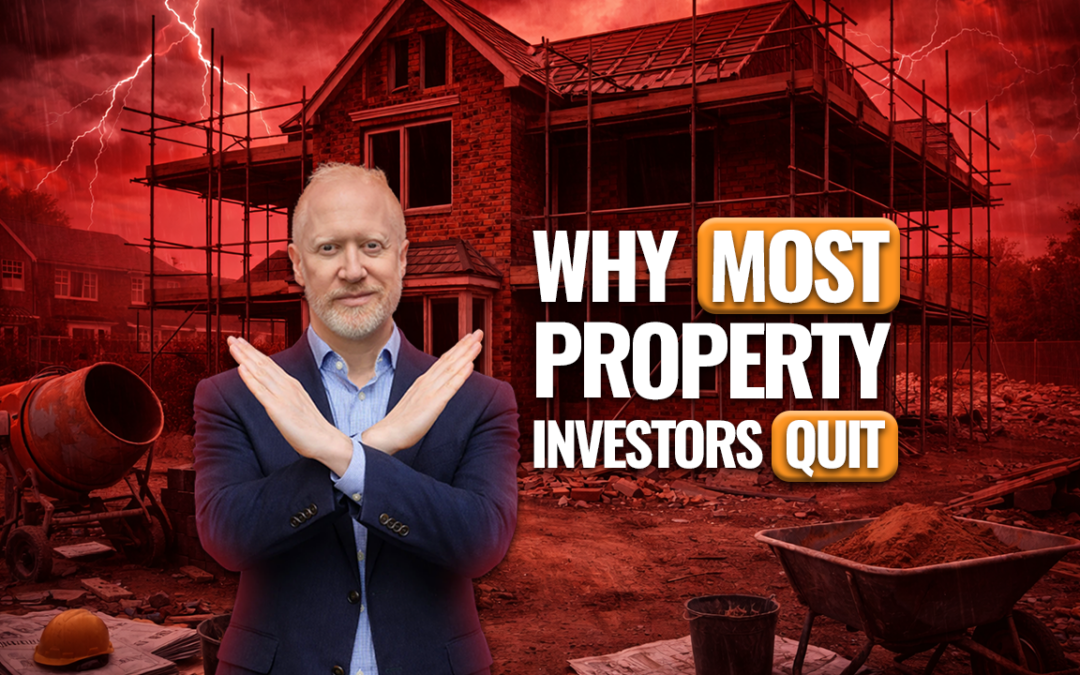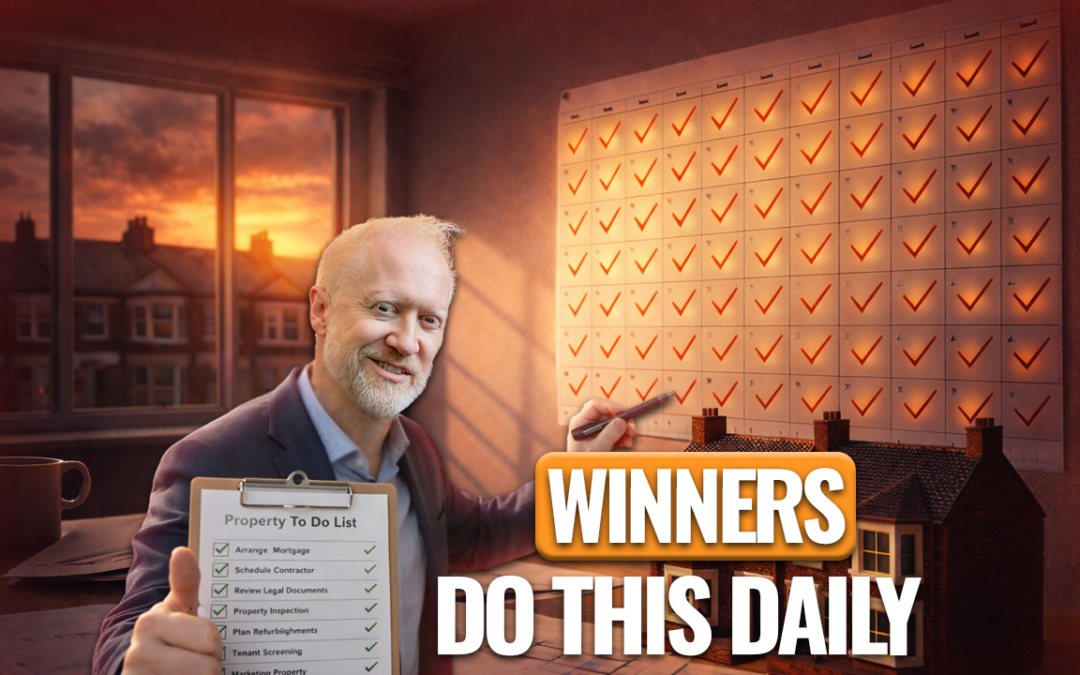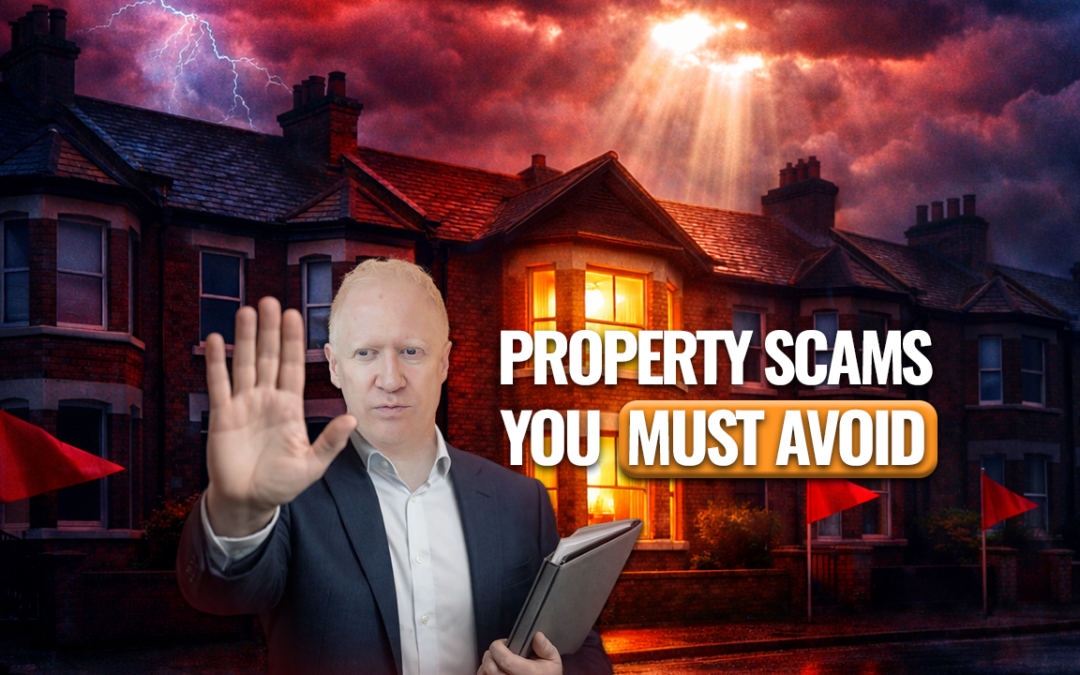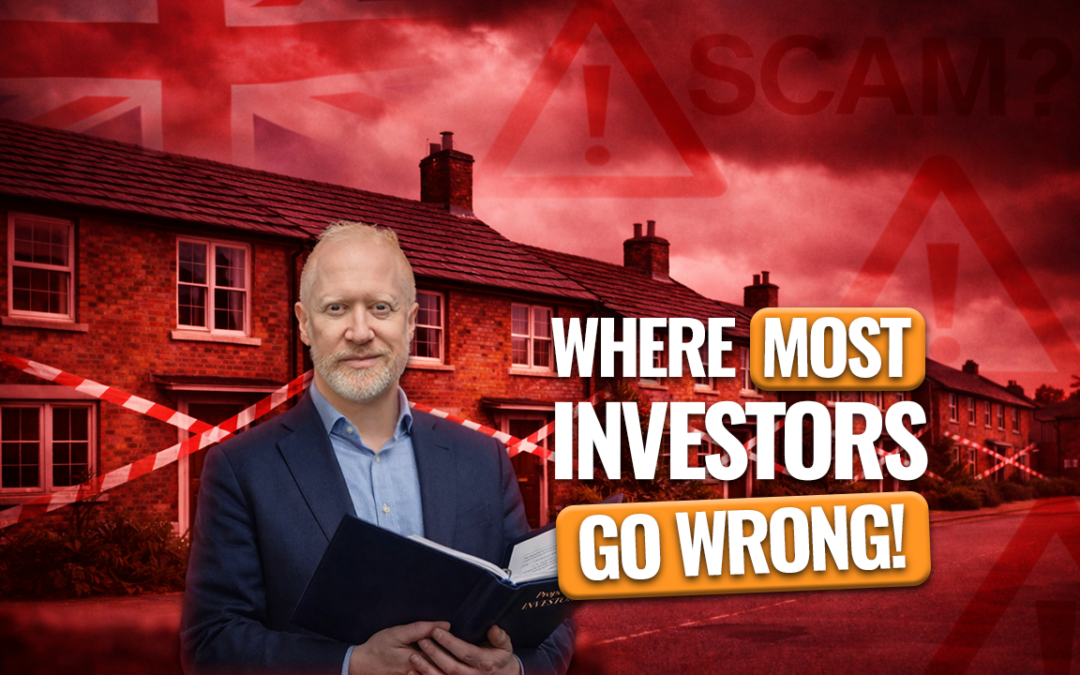Many property investors don’t know what makes a good property deal. I want to help you understand how you could save time and effort by actually knowing this. You can also spot the opportunities that other investors may miss.
What makes a great deal for one person, may not for another. This really depends on your personal strategy. But also the outcome you want to achieve from your property investing.
Here are my top 4 tips for a good property deal:
Equity in the Property the Day You Buy
One of the best ways to profit from property, is to make money the day you buy. This is instead of having to wait for the property market to go up. Buying at the right price is really important. Ideally you want to buy at below the market value, which means you have equity locked into the property the day you buy.
The best way to do this is to find motivated sellers. These are people who need to sell their property quickly. They may also believe speed and certainty is more important than the cash amount they receive. This means they might be flexible on the price and/or the terms of the sale.
An important point to note here is that you don’t always need to get a discount off the asking price. Sometimes a property might already be offered at a low price to get a quick sale. In this case, buying at the asking price might actually be a discount on the true market value.
Some investors lose good deals because they have tried to get an extra few thousand pounds off what is already a great price. They get outbid by someone who is prepared to pay the asking price. This is where knowing your local market is invaluable, you can see when something is already under-priced and such good value.
“One of the best ways to profit from property, is to make money the day you buy.”
When dealing with motivated sellers, don’t look to take advantage of their situation. Instead, seek to understand their problem then find the ethical win/win solution. This solution should work for everyone involved.

Ability to Add Value
As well as looking for property below market value, it is best to look for property where you can add value. There are seven main ways of adding value to a property as follows:
- Refurbishment to improve the appearance and condition
- Sub division into smaller units
- Extend into the loft or attic space
- Dig down into the basement
- Extension at the side, or back of the property
- Change of use and conversion
- Planning uplift
The key to adding value is that you spend money wisely. The value you add should be more than the money you have to spend.
If you are selling the property, the more value you add, then the higher sale price you will achieve.
If you plan to retain the property to rent out long term, you could refinance it to remove some, or all of the money you have put in. This means you have a property with none of your own money invested. When you re-finance the property to get all of your money back out, you can then use it to buy another property. Alternatively, if you borrowed the money in the first place, you can return it to the person you borrowed from.
“The key to adding value is that you spend money wisely.”
Rental Demand
If you are planning to hold the property long term, or even if you are going to sell it to another investor, it is vital that you check the rental demand in the area. Make sure that if the current tenants were to move out, they could be replaced quickly. Other tenants who would pay a fair market rent. If you don’t have tenants in the property, then you have to pay the costs of the property whilst it is empty. This is called a void period. There will always be some void period but it can be minimised. This by ensuring you only buy property in an area with strong rental demand.
When investors buy properties with the intention of flipping them, a common mistake is that they don’t think to check the rental demand. This is usually because they don’t intend to rent it out themselves. This is a big mistake. If they intend to sell the property on to another investor, then that person will be very interested in what they can rent it out for. If it does not stack up as an investment, then the only people who would buy the property would be home owners. This then reduces the number of potential buyers.
Big Tip: Use the internet and check with local letting agents what the market rent would be for a property. This is quick and easy. When you call a letting agent to check what a property might achieve in rent, don’t call as the property owner. Instead, pose as a potential tenant interested in renting that type of property. You can then find out how much you could realistically let it out for. You will get an idea of the true market rent for property types in that area.

Cash Flow and Return on Investment (ROI)
Any investor who is buying a property to rent out for the long term, will want a positive cash flow on a monthly basis. This means that there should be some profit left over each month after you take out all of the expenses.
Rental income needs to be at least 125% of the monthly mortgage interest. So if the mortgage interest is £400 a month, then the rental income needs to be at least £500 per month (i.e. £400 x 1.25). In this case if the rent was £595, then the approximate cash flow would be £95 per month. For this approximation we usually base it on an interest of 6% p.a. This is actually slightly more than you can get a mortgage for in the current market.
Please note that this is a very quick and rough approximation. But it means that you can quickly assess if a property will make positive cash flow before wasting too much time on it. If this assessment works then you can do a more detailed analysis of the actual cash flow. This will be part of your due diligence on the property.
In addition to working out the monthly cash flow, the buyer of the property will want to know what their ROI is. This is so that they can compare this property with another property. They will then be able to see what gives them the best return. After all, that is what investors do. They invest money to get the best return on it.
“When you know what you are doing, it is very easy and quick, to check what the market rent would be for a property.”
If you consider my 4 tips when sourcing your next property, you will definitely start to see results. Ensure that you remain focused and spend your money wisely. But also prioritise rental demand and do your calculations.

